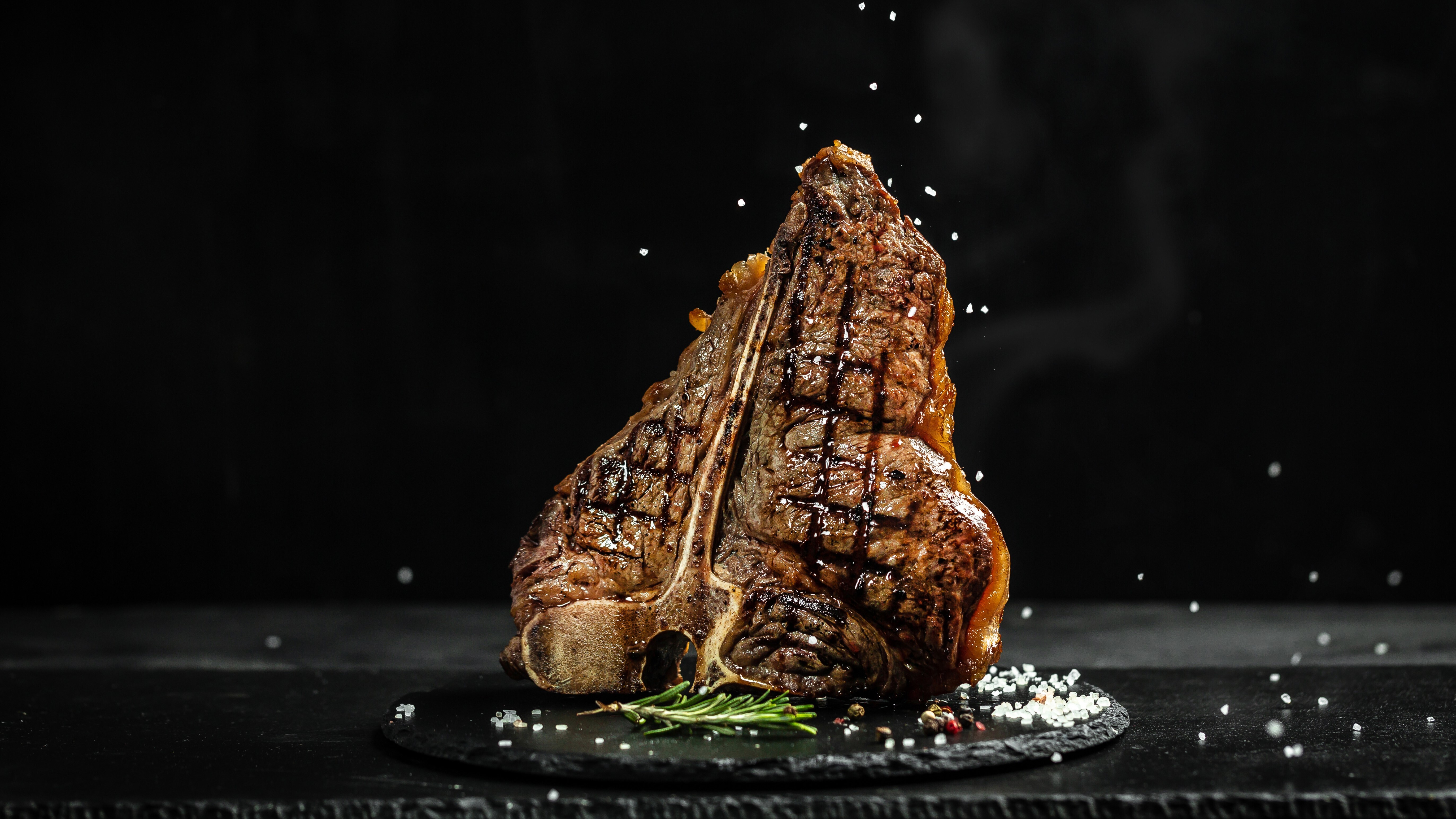Rampant speculation of blacklisted Huawei becoming China’s largest beef importer stems from an odd payment method for telecom equipment
'I'll gladly pay you a side of beef for that 5G equipment'

A wave of speculation has hit the internet in China, suggesting that the heavily sanctioned Chinese electronics manufacturer Huawei has become China’s largest beef importer due to payments it received from Argentinian clients made in beef instead of cold, hard cash. Whether the new ranking is true or not has proven difficult to prove, but our investigation indicates Huawei has accepted beef as a form of payment in the past and may still do so.
Huawei did not publicize anything suggesting it achieved such an odd distinction for an electronics manufacturer, nor did any of China’s official media outlets, like Xinhua News Agency. However, media conglomerate Phoenix TV did release a video reporting that Huawei had become China’s largest beef importer.
In truth, Huawei is more than just a tech firm. In 2019, Reuters pointed out that the global company “still has elements of a family firm, with members of (Huawei founder) Ren's family playing key roles in web of side businesses, many of which have nothing to do with telecoms.”
Among those many side businesses, which cater mainly to Huawei employees and large corporate customers, is Shanghai Mossel Trade Co. This subsidiary sells imported foods and its own brand of wine. At the time of the Reuters report, Mossel’s president was none other than Ren Ping, Ren Zhengfei’s then 44-year-old son. Huawei CFO Meng Wanzhou is also listed as a Mossel employee.
Digging even deeper, we learn that Huawei launched the Mossel brand after taking beef and wine from an Argentinian client as payment for cellular parts and equipment. The client couldn’t acquire the necessary funds in U.S. dollars or Chinese yuan, so it offered what it could.
The payment method has evidently become even more prevalent since the U.S. interest rate hike in 2022. As the foreign exchange of smaller countries dwindled to nothing, it became impossible for companies in these countries to obtain the U.S. dollars or yuan necessary to purchase the telecommunications and other electronic equipment they needed. Compounding the matter, in December 2023, China suspended its currency swap agreement with Argentina.
Argentinian telecom companies have plenty of currency, but it’s in pesos. Huawei could accept pesos, but inflation means it would need to spend that money immediately. Huawei was forced to accept payment of some sort from customers in those nations or forego their business entirely. Beef may not have a long shelf life, but it’s still more stable than the Argentinian peso, apparently.
Get Tom's Hardware's best news and in-depth reviews, straight to your inbox.
According to recent reports, the Chinese e-commerce site Huawei Mall has opened a “Food Zone.” Customers can purchase Argentinian wine and beef, Chilean salmon, and more. Huawei reportedly sells Argentine beef wholesale and retail, thereby converting the only form of currency the South American country can offer into yuan.
Whether this has led to Huawei truly becoming China’s largest beef importer is impossible to say, absent disclosure from the Chinese government or Huawei itself. However, it’s definitely an interesting tale. There’s no question that Huawei is taking Argentine beef and foodstuffs from other countries as payment, and the scale of those sales just might be enough to push Huawei to the position of number one beef importer in China.

Jeff Butts has been covering tech news for more than a decade, and his IT experience predates the internet. Yes, he remembers when 9600 baud was “fast.” He especially enjoys covering DIY and Maker topics, along with anything on the bleeding edge of technology.
-
gg83 The cost of shipping and storing the beef is less of a loss than the volatility of the Argentina peso? That's incredible.Reply -
OLDKnerd Well they do not want quality Danish bacon any more, maybe that is a window for someone else.Reply -
artk2219 Fascinating, its good to see that the barter system is alive and well in the world. Well other than in the energy sector, it seems to be used more often there.Reply -
edzieba Maybe Pepsi could help them out, and ship that beef over on their Soviet-era naval fleet.Reply -
gg83 Reply
Lmao!edzieba said:Maybe Pepsi could help them out, and ship that beef over on their Soviet-era naval fleet.